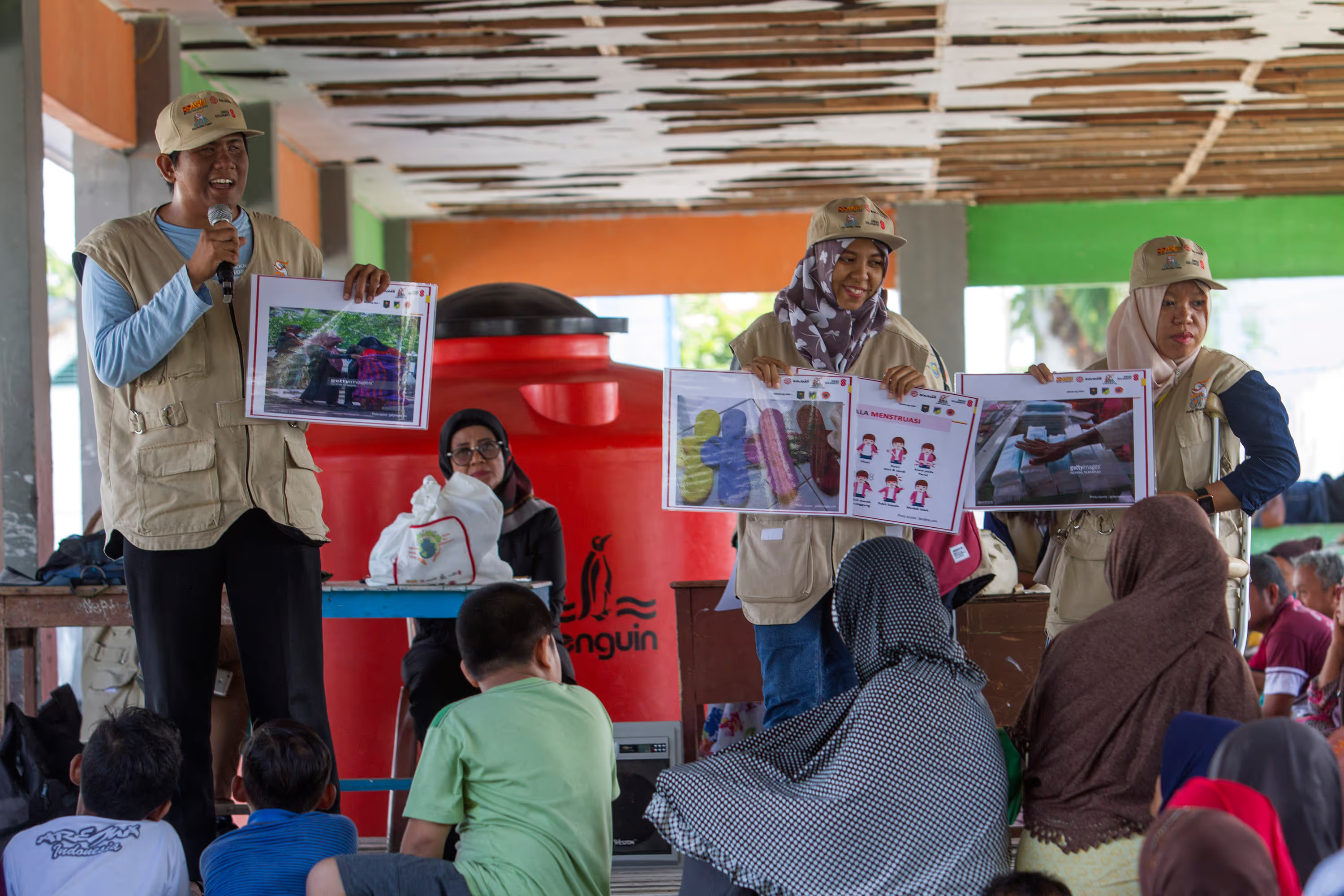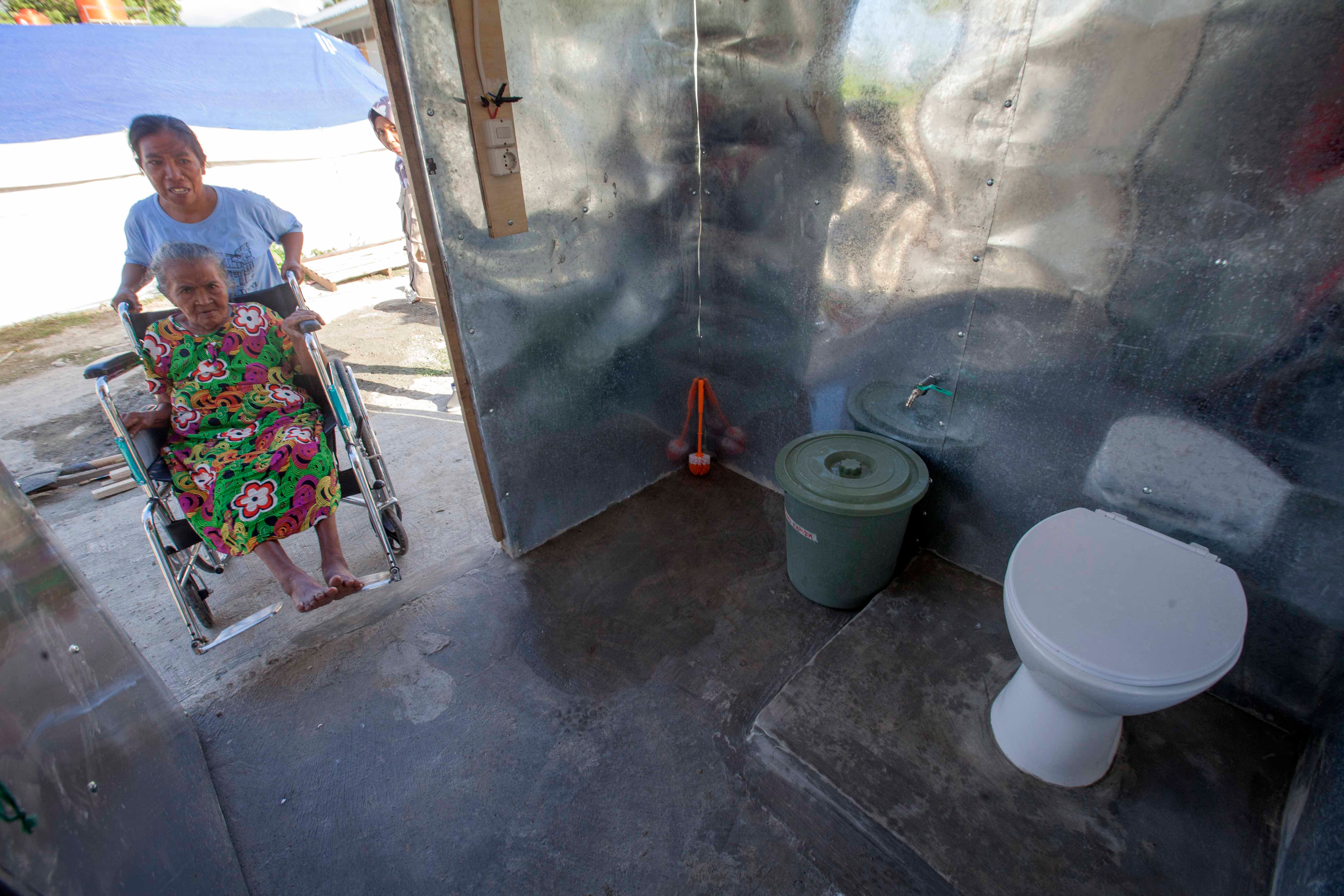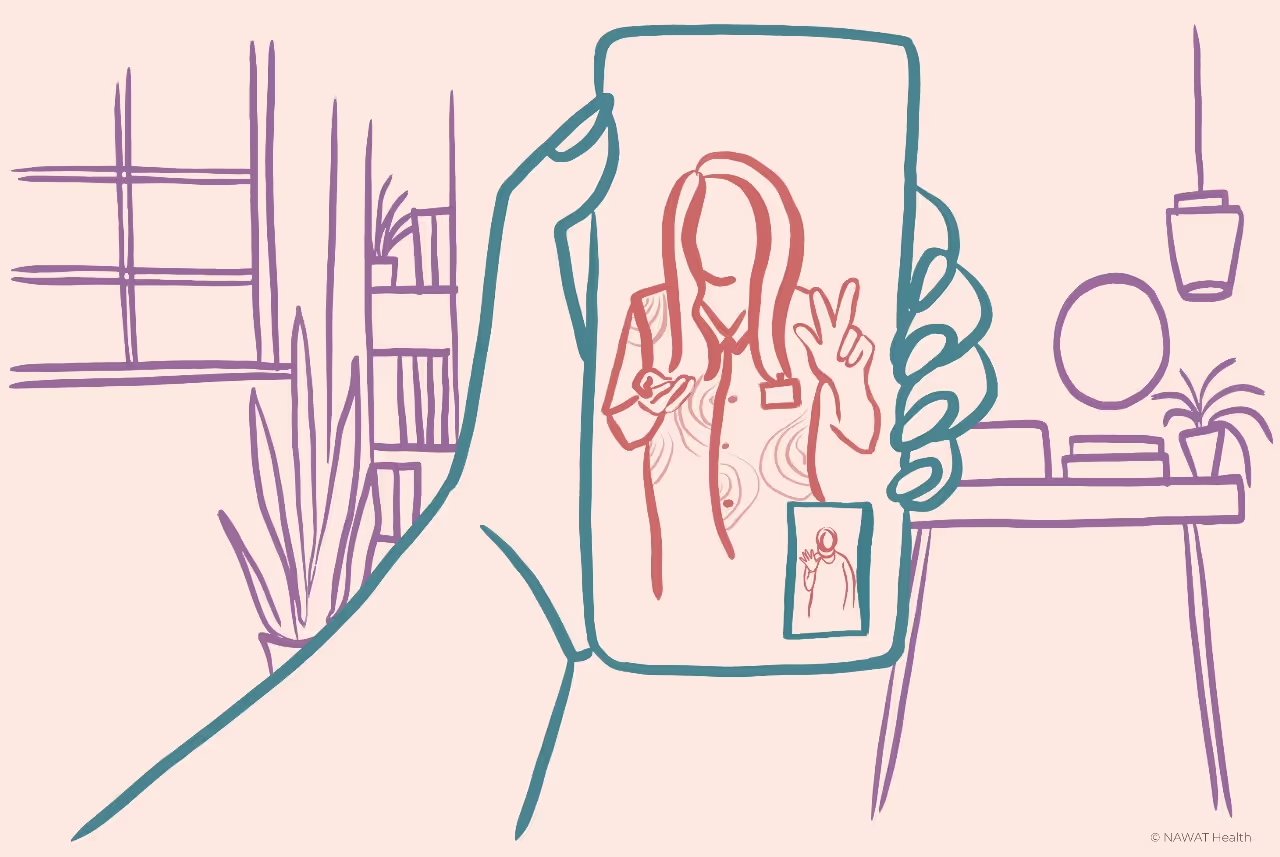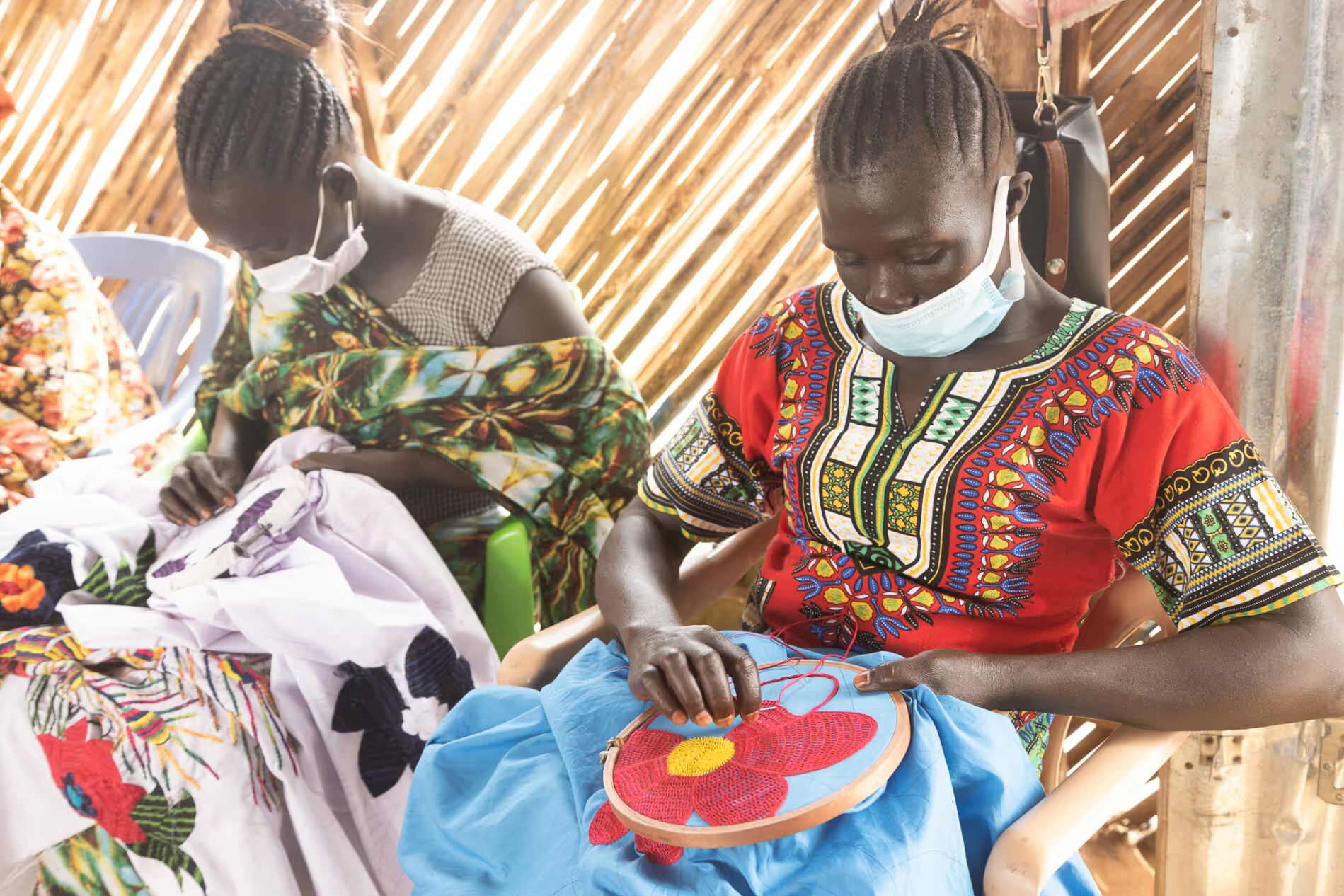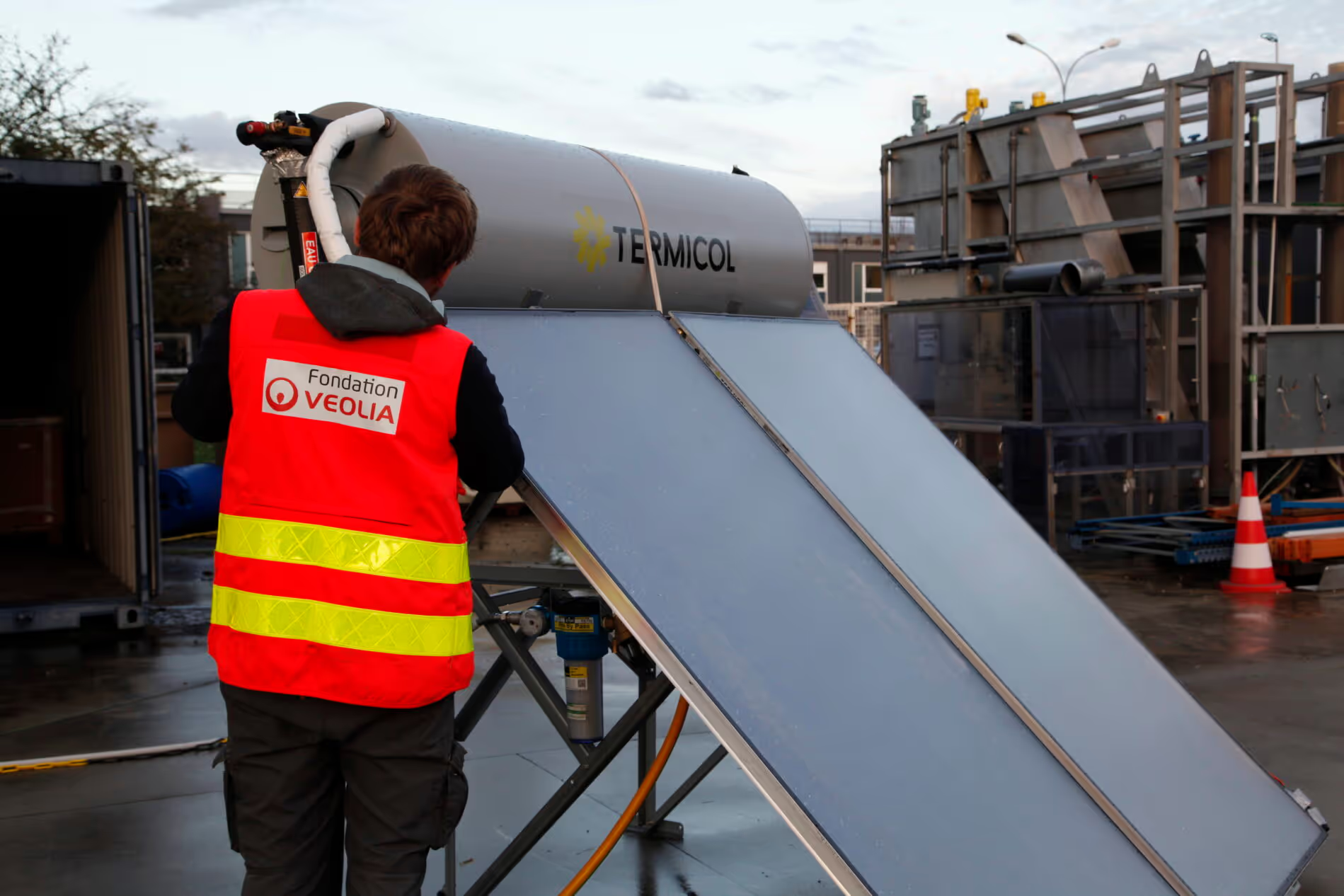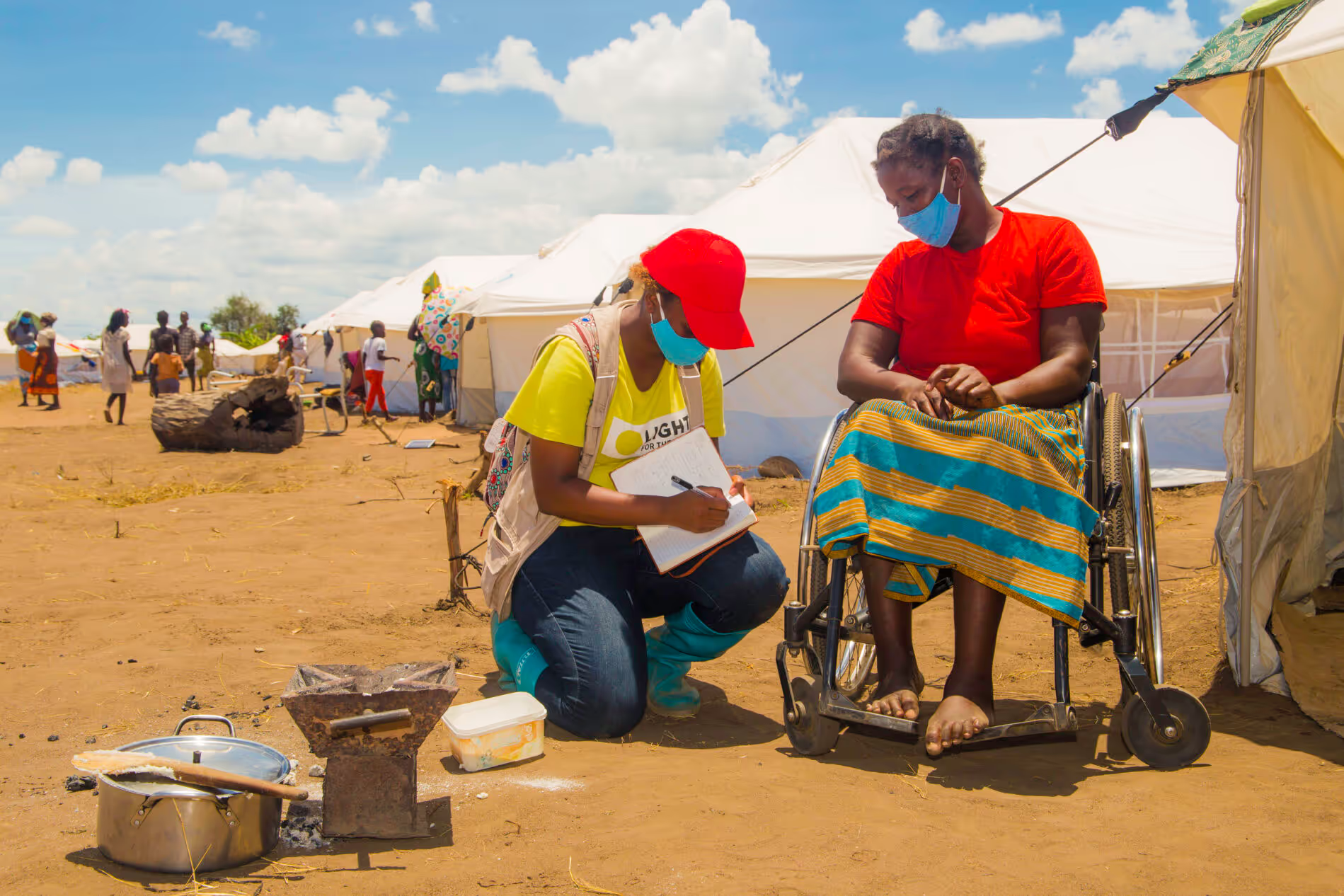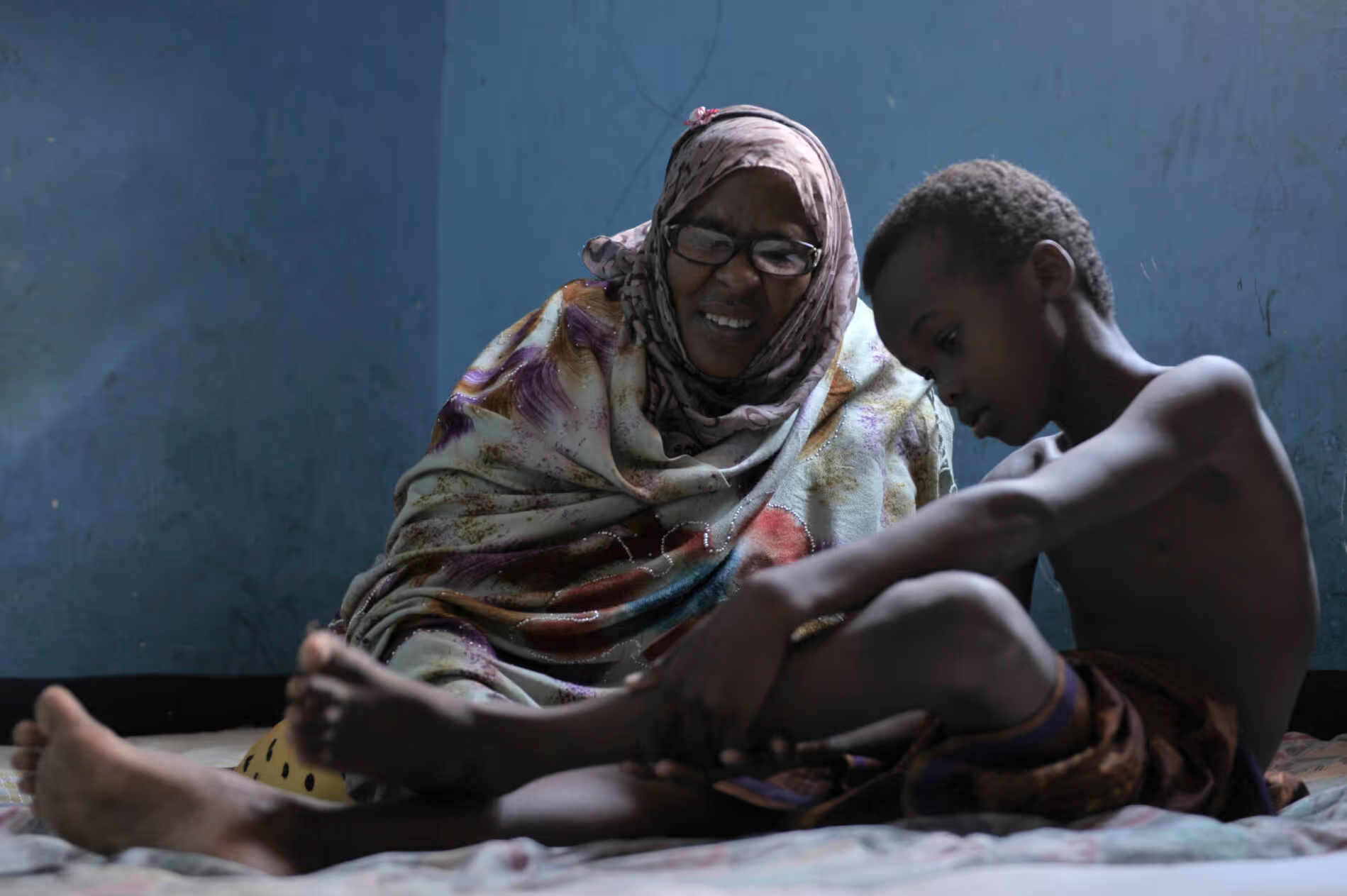Investing in Inclusive WASH: Examining Barriers and Values
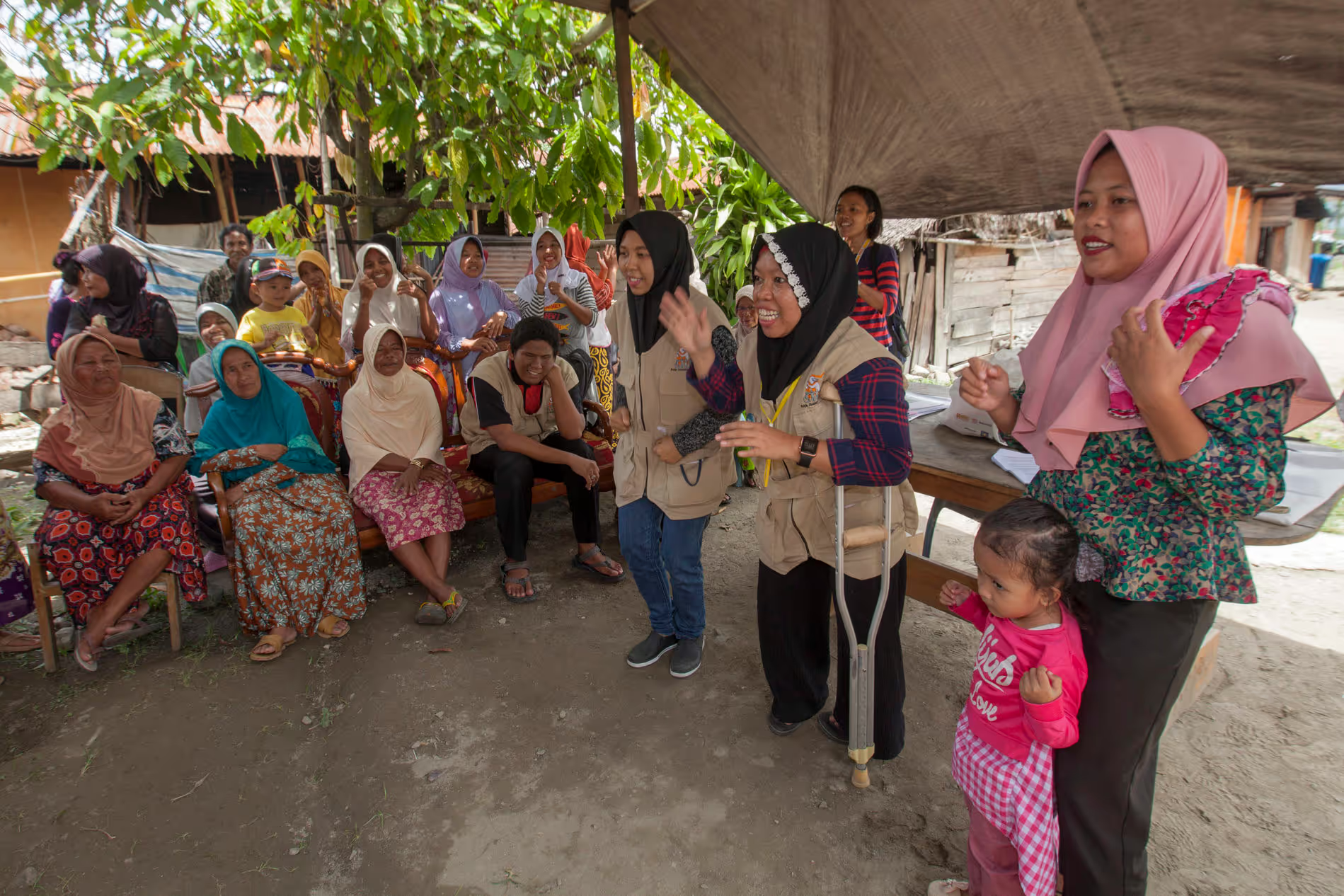
Project overview
Practical guidelines for co-researching with people with disabilities.
Countries
Indonesia
Organisations
Arbeiter-Samariter-Bund (ASB) Office for Indonesia and the Philippines
Partners
Center for Health Policy and Management (CHPM) of Gadjah Mada University (UGM) and Working Group of Organisation of Persons with Disabilities (OPDs) for Humanitarian Response in Central Sulawesi
Area of funding
Humanitarian Innovation
Grant amount
£73,644
Start date
12
January
2019
End date
12
October
2020
Project length (in months)
21.3
Funding calls
No items found.
Topics
Inclusion
Status
Closed
Project solution
This project offers [specific solution or intervention] to tackle [challenge]. By implementing [strategies, tools, or innovations], the project aims to achieve [desired outcomes]. The approach is designed to [specific actions or methods] to bring about meaningful change in [community, region, or issue area].
Expected outcomes
This project aims to achieve [specific outcomes], such as [measurable results, improvements, or changes]. The expected impact includes [benefits to the target community, advancements in research or innovation, or long-term effects]. By the end of the project, we anticipate [specific changes or milestones] that will contribute to [broader goals or objectives].
No items found.
What humanitarian need is being addressed?
There is a systemic lack of inclusion of people with disabilities in humanitarian response. This group faces barriers to accessing Water, Sanitation and Hygiene services and to meaningfully participating in needs assessments, programme design, implementation and evaluation. Their rights and capacities to contribute to research are often overlooked. And despite facing disproportionate risks in disasters, people with disabilities have no voice in shaping the direction of research nor in making sure the research outcome benefits them.
What is the innovative solution?
The innovation is a set of guidelines for co-researching with people with disabilities. Aimed at researchers and humanitarian actors, the guidelines are based on evidence of what works, and what doesn’t, in participatory research. That evidence was collected by the innovation team throughout the research stages with organisations of people with disabilities (OPDs). The OPDs took part in the Steering Committee (a decision-making body made up of practitioners, scholars and disability groups representatives) and were able to monitor and provide recommendations on the team’s research directions. This placed the OPDs in an advisory, rather than purely an implementing, role
What progress has been made?
The guidelines fill the knowledge gap that previously existed. They extend the ‘nothing about us, without us’ principle into humanitarian research, so future research practices – particularly in the field of humanitarian response and social inclusion -can prioritise the meaningful involvement of people with disabilities at all stages.
Co-researchers with disabilities who took part in the research project reported feeling included. They came to understand what it takes to conduct research, and they were able to see how they could contribute in a very real and valuable way.
Innovation potential
The innovation team has documented its co-research experiences in various forms (see links below) sharing the lessons learned and the possibilities for the future. There is great confidence that the innovation will help inspire more inclusive humanitarian system – one in which co-research with people with disabilities becomes the norm.
Arbeiter-Samariter-Bund’s research is part of its Elrha-funded project, “Investing in Inclusive Water, Sanitation, and Hygiene (WASH)”.
[.slimline-cta-box][.slimline-cta_heading]Links to more information[.slimline-cta_heading][.slimline-cta_paragraph]Lessons for Disability and Older Age Inclusion in the Central Sulawesi Response
Towards meaningful participation in humanitarian studies: co-researching with persons with disabilities in Central Sulawesi
Chapter 5: Co-researching with persons with disabilities: Reflections and lessons learned, in Disrupting the Academy with Lived Experience-led Knowledge. [.slimline-cta_paragraph][.slimline-cta-box]
Feature Photo: Members of an Organisation of Persons with Disabilities-OPDs delivering hygiene promotion session for community members of Mantikole Village in Sigi, Central Sulawesi. Credit: Dwi Oblo for ASB Indonesia and the Philippines.
No items found.
Project delivery & updates
Stay up to date with the latest developments from this project. Here, you will find details on what has been delivered, resources created, and regular updates as the project progresses. Access key documents, reports, and other materials to see how the project is making an impact.
No resources/updates have been published yet for this project. Sign up for our newsletter to stay informed about upcoming publications and updates!
Join our Newsletter
Resources
No items found.
Latest updates
No items found.
